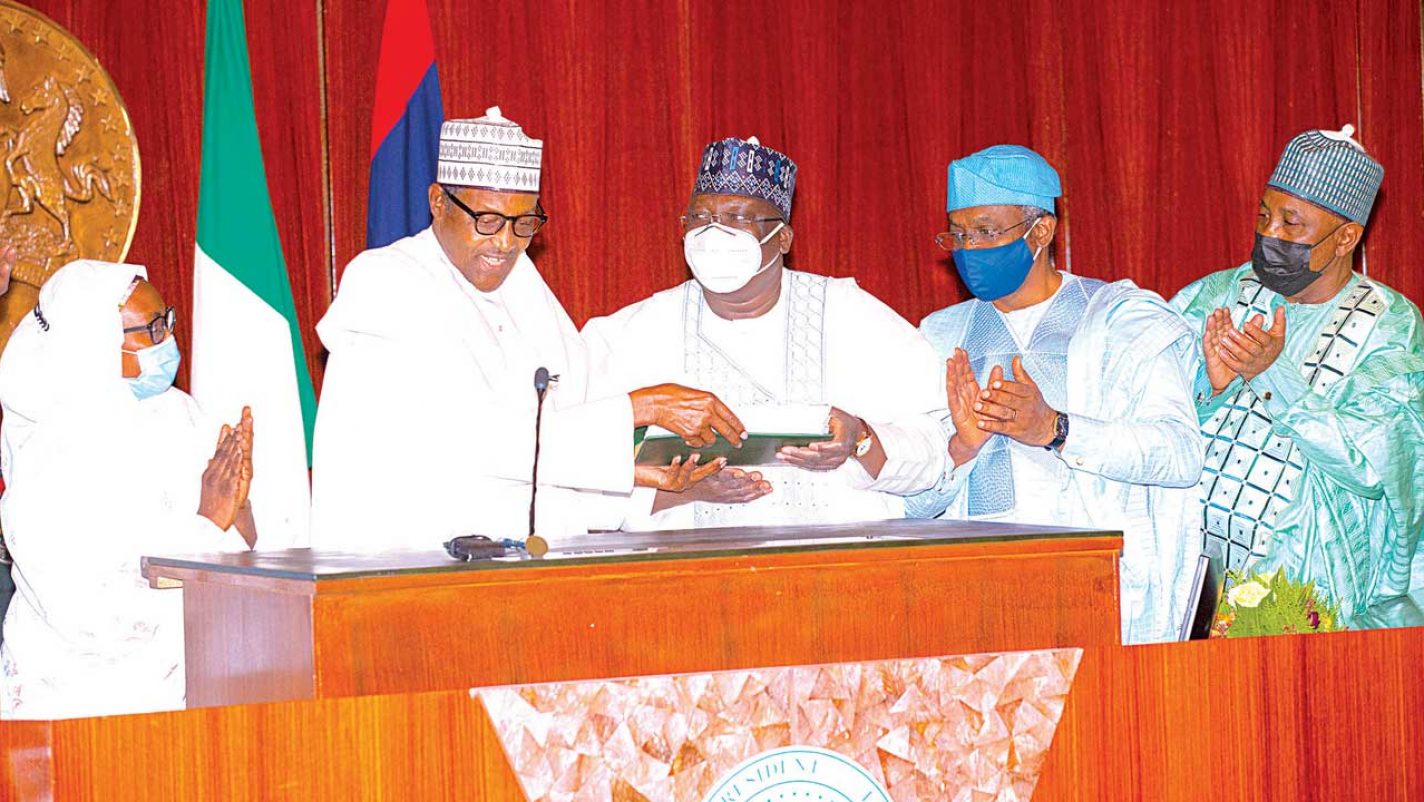President Muhammadu Buhari has finally signed the Amended Electoral Bill into law. However, before signing the bill, he suggested an amendment to it by asking the National Assembly to delete clause 84(12). The clause says “no political appointee at any level shall be a voting delegate or be voted for at the convention or congress of any political party for the purpose of the nomination of candidates for any election.” According to the President, the clause disenfranchises serving political office holders from voting or being voted for at the convention or congress of any political party. Also, the time frame is too short for political appointees to resign their appointments to enable them vote at the Convention and Congress.
Besides what the President sees as a major defect in it, stakeholders in Nigeria’s electoral process have commended the bill for giving a new direction to the country’s democracy. Among other things, the law provides the parties with the option of direct, indirect or consensus mode of primaries. It also provides the use of electronic transmission of results. In fact, stakeholders who have called for electoral reforms agree that the bill will ease tensions and distrust, thereby ensuring fairness and credibility in future elections. Transmission of results has always been a weak point in managing elections in Nigeria. With electronic voting and transmission, it is hoped that result manipulations will be minimised if not completely obliterated.
With the signing of the bill, it is a new day for Nigeria and the APC-led government. Congratulations to the government, National Assembly, civil society groups and all Nigerians on the signing of the electoral bill. It is a remarkable step forward in the institutionalization of the country’s democracy. It shows that the Buhari administration is committed to bequeathing a political legacy that will ensure the free and fair election of future leaders. It is hoped that if the bill is adequately and properly implemented, Nigeria’s journey to political and electoral Eldorado would have commenced earnestly. That none of the other political parties, especially the major opposition People’s Democratic Party (PDP), has raised eyebrows about the new electoral law is symbolic of its neutrality without favouring the ruling All Progressives Congress (APC) unduly. It is fervently hoped that Nigeria will get it right in the 2023 general elections.
It is one thing to sign the electoral bill; it is another matter entirely when it comes to implementation. The challenge is that politicians and other stakeholders in the electoral process must be encouraged to respect the law, ensuring free and fair elections. INEC and the government through the various security agencies have a duty to protect provisions of the bill so that it does not become another paper tiger that can only bark and not bite.
There must be a way to checkmate desperate politicians who unfortunately see governance as a ‘die-or-die’ affair, especially those who can kill and maim for the lure of power. The Buhari administration must be tough on
politicians this time. There should be no sacred cows. The laws of the land on elections must be respected and obeyed.
It is not a healthy development that although INEC has not lifted the ban on electioneering campaigns, many politicians are flagrantly campaigning across the country both at the national and state levels. Implementation of
the electoral law is a responsibility that the Federal Government must take seriously. If the bill is signed and not strictly implemented, then the whole purpose of signing it would have been defeated. It is believed that politicians aspiring to various political offices are responsible people. Therefore, let them show maturity, responsibility and patriotism by respecting the provisions of the bill and being guided by its tenets.
Finally, the integrity of any political system depends on the transparency of the voting process. The new electoral law is designed to guarantee a seamless process in electioneering. All institutions legally mandated to implement the provisions of the new law must rise to the occasion. Politicians and their supporters are urged to respect the provisions of the new law as a turning point in our history.






